/b28929cd-671b-4dc2-b953-ec222d137973.png)
Self Evaluation Examples for Coaching Sessions and Orienteering
Review Rating Score
Self-evaluation can be an incredibly helpful tool for personal and professional growth. It involves reflecting on your performance, identifying areas for improvement, and setting goals for the future. Self-evaluation can be especially valuable in fields such as orienteering, where success relies heavily on personal skills and strategies. If you're looking to enhance your orienteering abilities, a self-evaluation session with a coach is a great way to start.
What is Orienteering?
Orienteering is a sport that involves navigating through unfamiliar terrain using a map and a compass. The objective is to find a series of checkpoints as quickly as possible, while taking the best route possible. Orienteering requires a combination of physical fitness, mental agility, and strategic thinking.
Why Self-Evaluation is Important for Orienteering
Self-evaluation is essential for improving your orienteering skills as it allows you to analyze your performance objectively. By evaluating your strengths and weaknesses, you can identify areas of improvement and create a plan to better your skills. Self-evaluation can also help you set achievable goals, track your progress and celebrate milestones.
How to Conduct a Self-Evaluation Session
When it comes to orienteering, self-evaluation can be done in a personalized session with a coach. A coach can provide valuable feedback and facilitate a constructive self-evaluation session. Here are some steps you can follow:
- Review Your Performance: Start by analyzing your past performances and identifying specific events or moments that hindered your performance. Consider factors such as terrain, weather conditions, and strategy.
- Identify Your Strengths and Weaknesses: Reflect on your orienteering skills and identify areas where you excel and areas that need improvement. Be honest and objective.
- Set Goals: Based on your self-evaluation, create specific and attainable goals that can help improve your orienteering abilities, keeping in mind your strengths and weaknesses.
- Create a Plan: Chart out a comprehensive plan to achieve your goals. This could include technical training, physical training, and strategy planning.
- Track Your Progress: Regular evaluation is critical to ensure that you are on track to achieve your goals. Evaluating your progress during training and competition can help reveal areas of improvement.
Get Your Self-Evaluation Template
Having a well-designed self-evaluation template can make your self-evaluation process more structured and efficient. At BizzLibrary.com, we offer a wide range of professionally designed self-evaluation templates, including self-evaluation examples for orienteering. Visit our website to download your Self Evaluation Examples document in DOCX format today.
BizzLibrary.com offers a vast collection of document templates, all of which are expertly drafted and easy to use. Not only will our templates save you time, but they will also help you improve your business practices. Visit the site today and take a step towards improving your personal and business outcomes.
Is the template content above helpful?
Thanks for letting us know!
Reviews
Natalie Le(7/10/2023) - USA
Sublime document from your webiste sir
Last modified
Our Latest Blog
- A Guide to Make a Business Plan That Really Works
- The Importance of Vehicle Inspections in Rent-to-Own Car Agreements
- Setting Up Your E-mail Marketing for Your Business: The Blueprint to Skyrocketing Engagement and Sales
- The Power of Document Templates: Enhancing Efficiency and Streamlining Workflows
Template Tags
Need help?
We are standing by to assist you. Please keep in mind we are not licensed attorneys and cannot address any legal related questions.
-
Chat
Online - Email
Send a message
You May Also Like
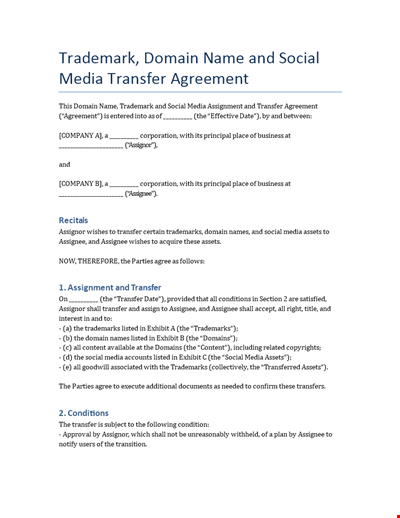
Trademark, Domain Name and Social Media Transfer Agreement

Professional Fresher Engineer Resume Example
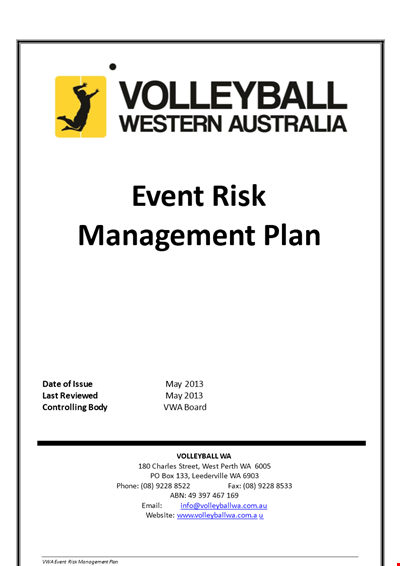
Event Risk Management Plan
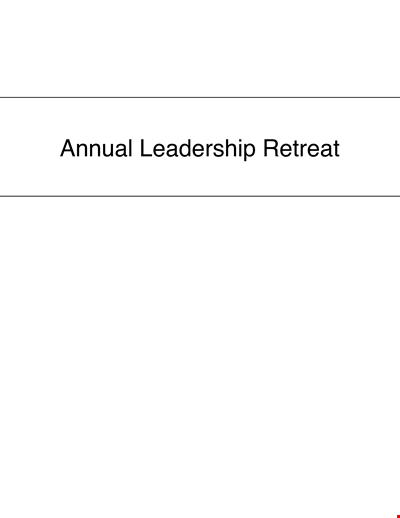
Sample Leadership Retreat

Non Profit Agenda Example

Perfect Christmas Birthday Gift List

Corporate Development Agenda Template - Streamline and Enhance Development Initiatives Globally
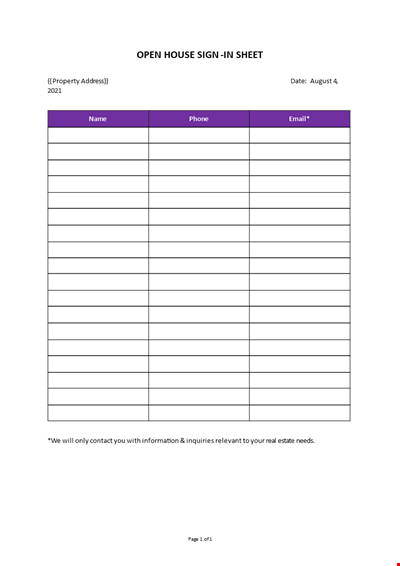
Open House Sign-in Sheet
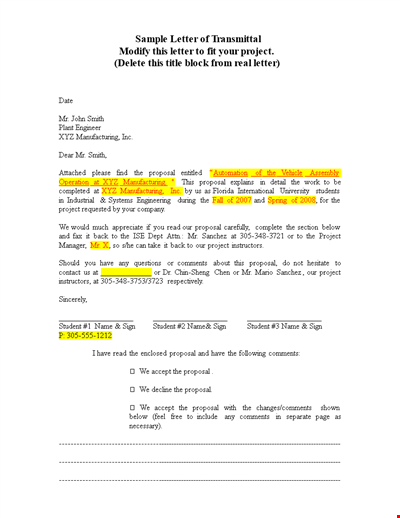
Letter Of Transmittal Template - Create a Professional Project Transmittal Letter
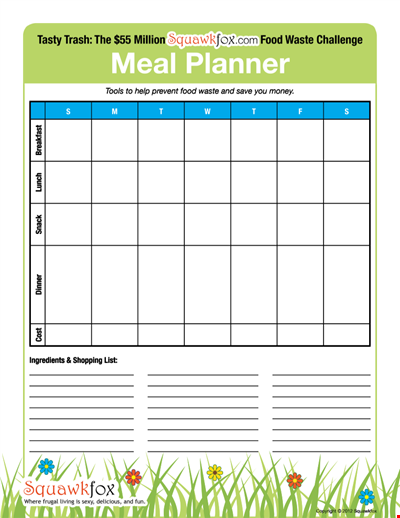
Create an Efficient Meal Planning Calendar for Easy Meal Preparation
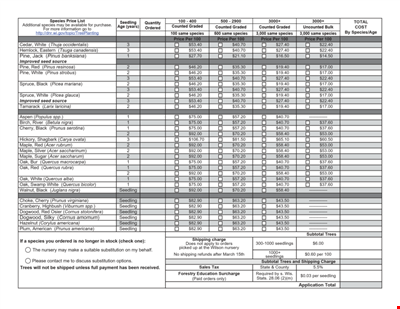
Seedling Price List - Affordable Saplings for Your Garden | Buy Best Quality Seedlings Online
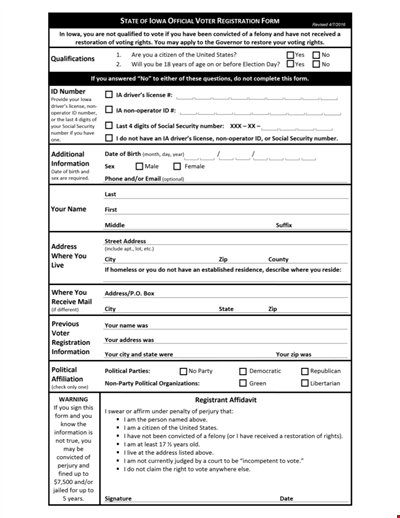
Printable Voter Registration Form

Department Material Requisition Form
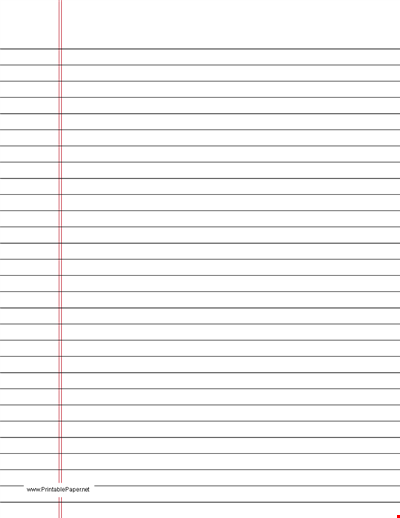
Colored College Ruled Paper

College Ruled A Size Paper Template

Management Resume Us Letter